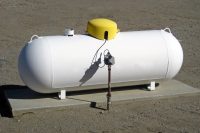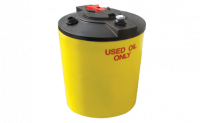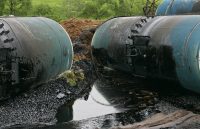Ask the Expert: What Regulations Apply to a 500 Gallon Propane Tank?
An EHS Hero® subscriber recently asked our experts at BLR® what regulations, if any, applied to a 500 gallon propane tank used for an emergency generator. Do aboveground storage tank (AST) rules apply? What about Spill Prevention, Control, and Countermeasure (SPCC) plans or programs? The answer is brief, but helpful—not only to this individual, but […]








